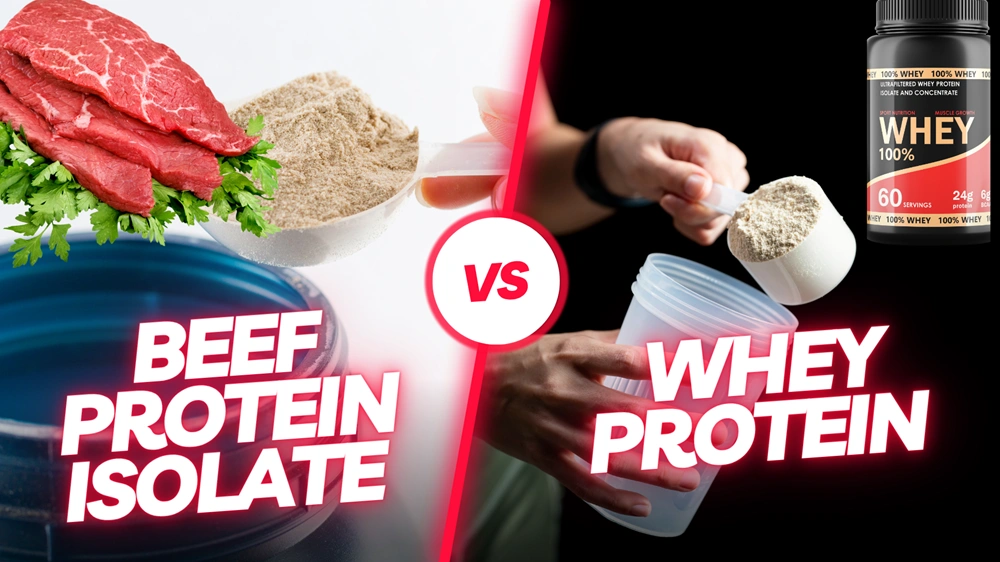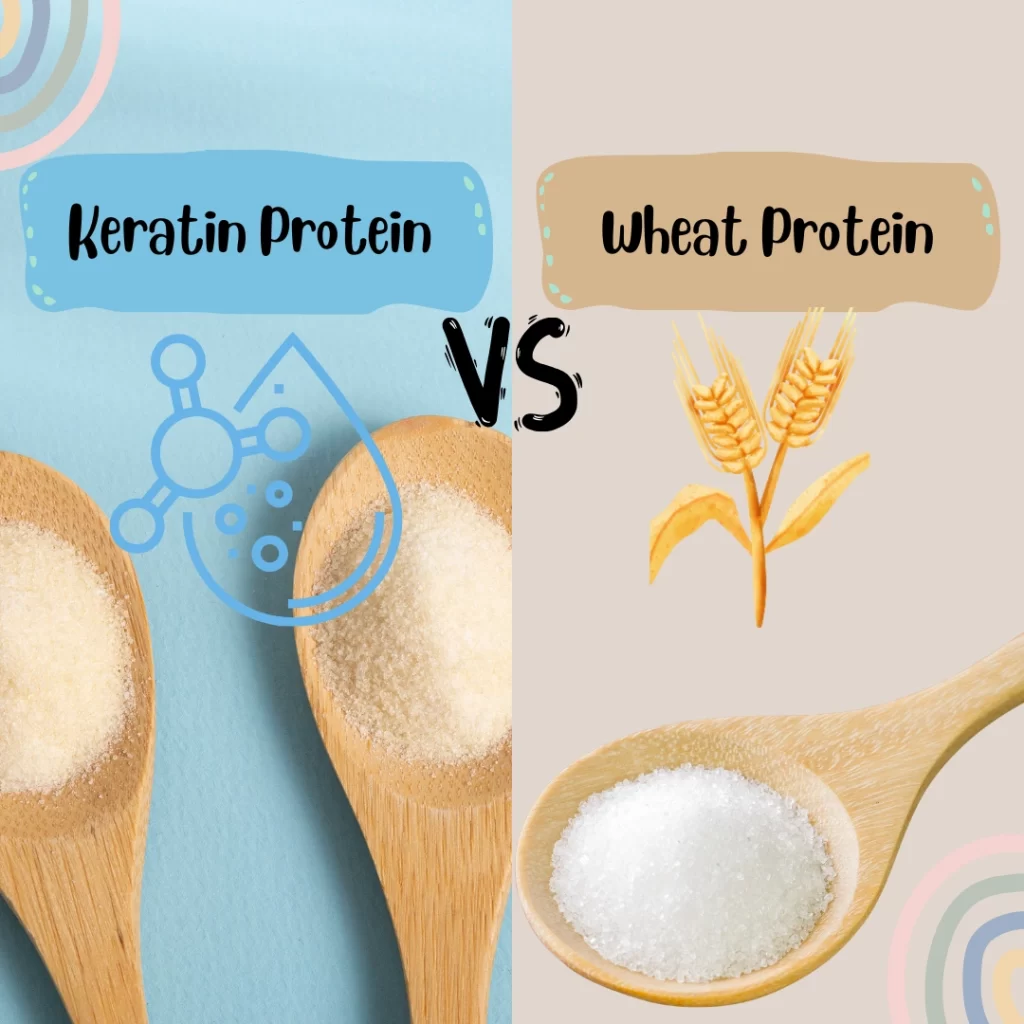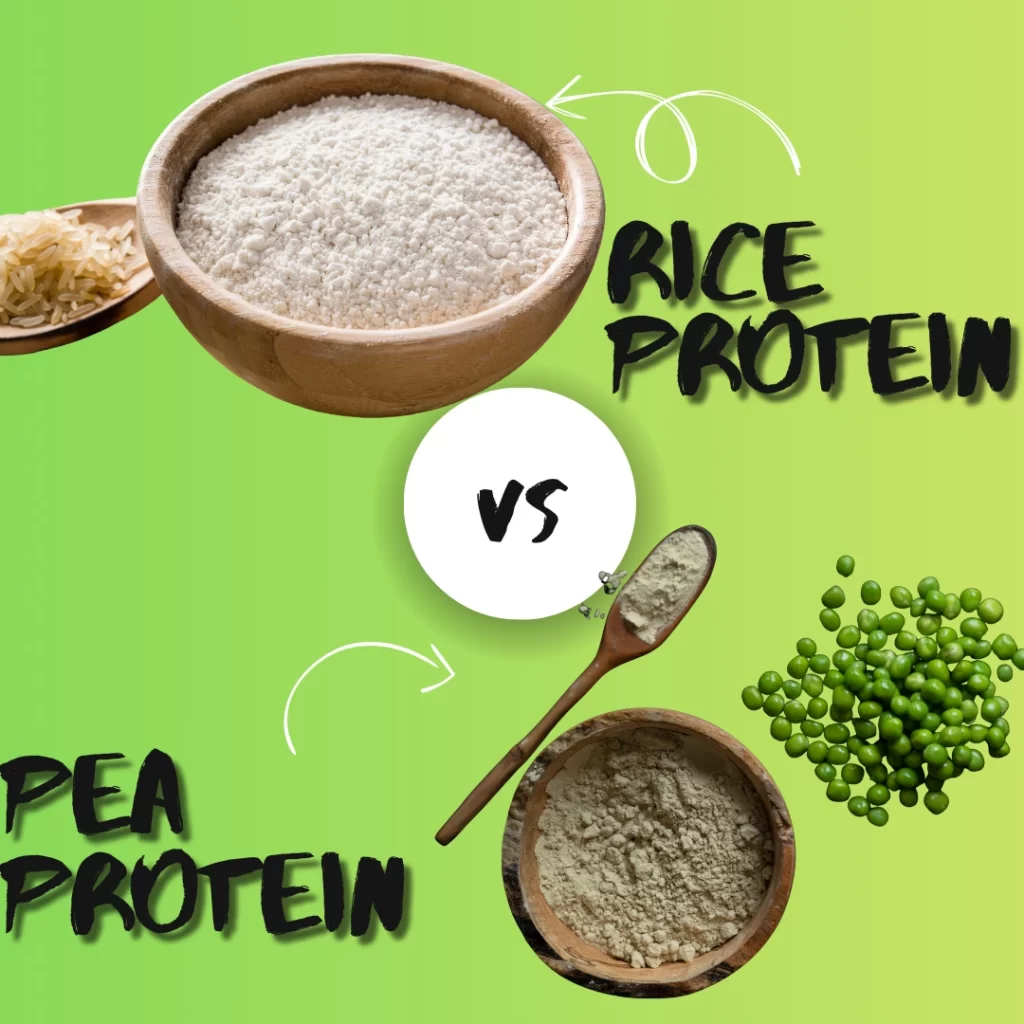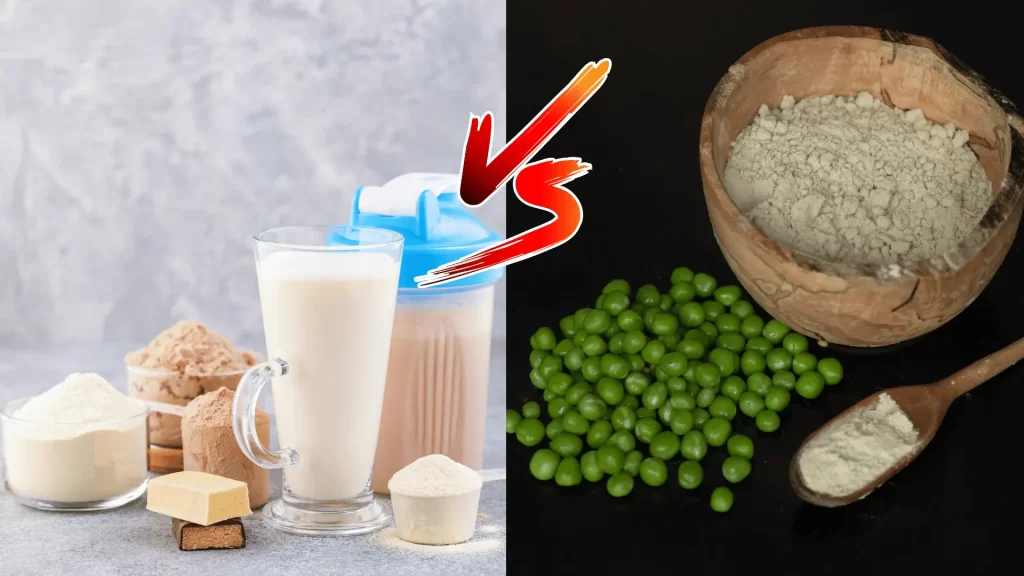Imagine standing in the supplement aisle, staring at rows of protein powders, each promising to transform your workouts or health. Two options catch your eye: beef protein isolate and whey protein. One sounds like it’s straight from a butcher shop, the other a gym staple. But which one’s the right fit for you? It’s like choosing between a hearty steak and a creamy milkshake—both can nourish you, but they serve different purposes. Let’s dive into the world of beef protein isolate vs whey, exploring what they are, how they’re made, and how to pick the one that matches your goals. By the end, you’ll feel confident grabbing the right tub off the shelf.
What is Beef Protein Isolate?

Beef protein isolate is like the lean, mean cousin of your favcorite steak. It’s a protein powder made from beef, stripped of fat and carbs to deliver a concentrated dose of protein. Often sourced from grass-fed cows, it’s designed to pack a nutritional punch without the extra calories. It’s become a go-to in sports nutrition for those seeking a dairy-free alternative to traditional protein powders.
What is Beef Protein Isolate Made From?
The process starts with beef—ideally from high-quality, grass-fed sources. The meat is cooked to extract protein-rich liquid, then filtered to remove fat and connective tissues. This liquid is often hydrolyzed, meaning it’s broken down into smaller peptides for faster absorption, and then spray-dried into a fine powder. This powder manufacturing technique ensures a product that’s typically 90-95% pure protein, making it a staple in dietary supplement ingredients for those crafting custom blends through OEM solutions . However, not all beef protein isolates are created equal—some may use collagen or gelatin from hooves and hides, which can lack certain essential amino acids .
Nutritional Profile
A typical 30-gram scoop of beef protein isolate offers:
| Nutrient | Amount per 30g Scoop |
|---|---|
| Calories | 100-120 |
| Protein | 25-30g |
| Carbohydrates | 0-2g |
| Fat | 0-1g |
| Key Nutrients | Iron, Zinc, Collagen (in some products) |
High-quality beef protein isolate, made from muscle meat, is a complete protein, containing all nine essential amino acids. However, its branched-chain amino acid (BCAA) content, like leucine (around 0.9g per 25g serving), is lower than whey’s . Some versions may include collagen, which boosts glycine and proline but may lack tryptophan, so always check the label.
Health Benefits
Beef protein isolate shines in several areas:
- Muscle Building: A 2015 study found that 46 grams of beef protein isolate daily increased lean body mass by 5.7% over 8 weeks of resistance training, though slightly less effectively than whey .
- Dairy-Free: Perfect for those with lactose intolerance or dairy allergies, affecting about 65% of adults worldwide .
- Paleo-Friendly: Aligns with paleo diets, mimicking the nutrient profile of whole beef.
- Iron and Zinc: Provides bioavailable heme iron (absorbed at 40% vs. 2-10% for plant-based iron), supporting energy and immunity .
Potential Drawbacks
It’s not all rosy. Beef protein isolate can be pricier than whey, sometimes costing 20-30% more per serving. The taste can be savory or meaty, which might not suit everyone’s palate. Plus, if it’s collagen-based, it may not be a complete protein, so you’ll need to verify the source. Some folks also worry about sustainability or ethical sourcing, so opting for grass-fed versions can help.
What is Whey Protein?

Whey protein is the rock star of the supplement world, and for good reason. It’s derived from milk, specifically the liquid left over after cheese production. Known for its versatility and effectiveness, it’s a cornerstone of sports nutrition manufacturing, used in everything from shakes to protein bars.
What is Whey Protein Made From?
Picture cheese-making: milk is curdled using rennet or acid, separating into curds (for cheese) and whey. The whey is then filtered to remove lactose and fat, concentrated, and spray-dried into a powder. This process, part of powder manufacturing, results in different forms like whey concentrate, isolate, or hydrolysate, each with varying protein content . Companies often use OEM solutions to create flavored or specialized whey products for athletes.
Nutritional Profile
A 25-30-gram scoop of whey protein typically provides:
| Nutrient | Amount per 25-30g Scoop |
|---|---|
| Calories | 100-120 |
| Protein | 20-25g |
| Carbohydrates | 1-3g |
| Fat | 1-2g |
| Key Nutrients | BCAAs (Leucine, Isoleucine, Valine), Immunoglobulins |
Whey is a complete protein, boasting a high BCAA content—about 26g per 100g of protein, with leucine at roughly 2.5g per 25g serving . This makes it a powerhouse for muscle growth.
Health Benefits
Whey protein is a favorite for:
- Muscle Growth: Its high leucine content drives muscle protein synthesis, with studies showing a 4.7% increase in lean mass after 8 weeks of use .
- Weight Loss: Protein promotes satiety, and whey’s low calorie count supports fat loss .
- Immune Support: Contains immunoglobulins and lactoferrin, which may boost immunity .
- Fast Absorption: Absorbs quickly, ideal for post-workout recovery.
Potential Drawbacks
Whey isn’t perfect for everyone. Its lactose content can cause bloating or discomfort for the lactose-intolerant. High doses might lead to nausea or headaches, and those with dairy allergies should avoid it. It’s also not suitable for vegan or paleo diets.
Beef Protein Isolate vs Whey: What’s The Difference?

Let’s break down the beef protein isolate vs whey comparison to see how they stack up.
Source and Ingredients
Beef protein isolate comes from beef, making it dairy-free and paleo-friendly. Whey protein, derived from milk, contains lactose and isn’t suitable for those avoiding dairy. This distinction makes beef protein isolate a go-to for those with dietary restrictions.
Amino Acid Profiles
Here’s where things get interesting:
| Aspect | Beef Protein Isolate | Whey Protein |
|---|---|---|
| Key Amino Acids | Glycine, Proline, Leucine (0.9g/25g) | Leucine (2.5g/25g), Isoleucine, Valine |
| Complete Protein | Yes (if muscle-based) | Yes |
| BCAA Content | ~10-15g/100g | ~26g/100g |
Whey’s higher BCAA content, especially leucine, gives it an edge for muscle building. Beef protein isolate, while complete in high-quality forms, has lower BCAAs, which may reduce its effectiveness for hypertrophy .
Absorption Rates
Both proteins, when hydrolyzed, are absorbed quickly, making them great for post-workout shakes. Whey’s rapid digestion is well-documented, but hydrolyzed beef protein isolate matches it closely, ensuring amino acids reach your muscles fast .
Suitability for Diets
- Beef Protein Isolate: Fits paleo, keto, and dairy-free diets. Not suitable for vegans or vegetarians.
- Whey Protein: Great for lacto-vegetarians but off-limits for vegans or those with dairy sensitivities.
Cost and Availability
Whey protein is generally cheaper—often $0.50-$1 per serving compared to $1-$1.50 for beef protein isolate. It’s also more widely available, found in nearly every supplement store. Beef protein isolate, being newer, might require online ordering or specialty shops.
Beef Protein Isolate vs Whey: Which One Should You Choose?
So, beef isolate protein vs whey: which one you should choose? It’s like picking the right tool for a job—here’s how to decide.
Health Goals
- Muscle Building: Whey protein’s higher leucine content makes it the gold standard for muscle growth. A 2015 study showed whey slightly outperformed beef protein isolate in lean mass gains .
- Weight Loss: Both proteins promote satiety, but whey’s lower cost might make it more practical for daily use.
- Joint Health: If your beef protein isolate contains collagen, it could support joints and skin, unlike whey .
- General Wellness: Both can fit into a balanced diet, with beef offering iron and zinc, and whey providing immune-boosting compounds.
Dietary Restrictions
Got dairy issues? Beef protein isolate is your friend. Following a paleo or keto diet? Beef aligns perfectly. If you’re a lacto-vegetarian or have no dairy sensitivities, whey’s versatility makes it a solid choice.
Budget and Taste
Whey protein’s affordability and variety of flavors (think chocolate or vanilla) make it a crowd-pleaser. Beef protein isolate might have a meatier taste, which some love, but others find off-putting. If budget’s tight, whey’s your best bet.
How to Choose Based on Your Lifestyle
- Gym Rat: Whey protein for its muscle-building edge.
- Paleo Enthusiast: Beef protein isolate for dietary alignment.
- Budget-Conscious: Whey protein for cost savings.
- Dairy-Sensitive: Beef protein isolate to avoid digestive woes.
You might even mix and match! Use whey post-workout for muscle recovery and beef protein isolate in the morning for a nutrient boost.
Conclusion
In the showdown of beef protein isolate vs whey, there’s no clear winner—it all boils down to your needs. Whey protein is a tried-and-true option for muscle growth and affordability, backed by decades of research. Beef protein isolate offers a dairy-free, paleo-friendly alternative with unique benefits like iron and potential collagen content. Check product labels to ensure you’re getting high-quality beef protein isolate from muscle meat, and consider your goals, diet, and taste preferences. Whether you’re blending a shake or fueling your next workout, the right protein is out there waiting for you.
FAQs
Is beef isolate or whey better?
Whey is generally better for muscle building due to its complete amino acid profile and faster absorption. Beef isolate is a good alternative for those avoiding dairy, but it may lack some essential amino acids unless fortified.
Is beef protein isolate worth it?
It’s worth it if you’re lactose intolerant or prefer a non-dairy option. However, it’s often more expensive and may not offer significant benefits over whey for most people.
Is it better to take whey protein or isolate protein?
Whey isolate is better for those with lactose intolerance or wanting lower carbs/fats, as it’s more refined than whey concentrate. Both are effective for muscle growth.
Is beef protein isolate just collagen?
No, beef protein isolate is typically derived from beef muscle, not collagen. However, some lower-quality products may include collagen, so check labels for amino acid content.
Is beef isolate inflammatory?
Beef isolate is not inherently inflammatory for most people. However, individual responses vary, and low-quality products with additives may cause issues. Consult a doctor if concerned.
When to take beef protein isolate?
Take it post-workout for muscle recovery or as a meal supplement when protein intake is low. Timing is less critical than daily protein consistency.
References
- NativePath: What is Beef Protein Isolate?
- Swolverine: Beef Protein Isolate vs Whey
- Equip Foods: Prime Protein Grass-Fed Beef Protein Powder
- PMC: Effects of Beef Protein Isolate and Whey Protein Isolate Supplementation
- Healthline: Lactose Intolerance
- Healthline: Whey Protein 101
- Livestrong: The Breakdown of Whey Protein Amino Acids
- WebMD: Whey Protein
- Ultimate Nutrition: What is Hydrolyzed Beef Protein Isolate?



